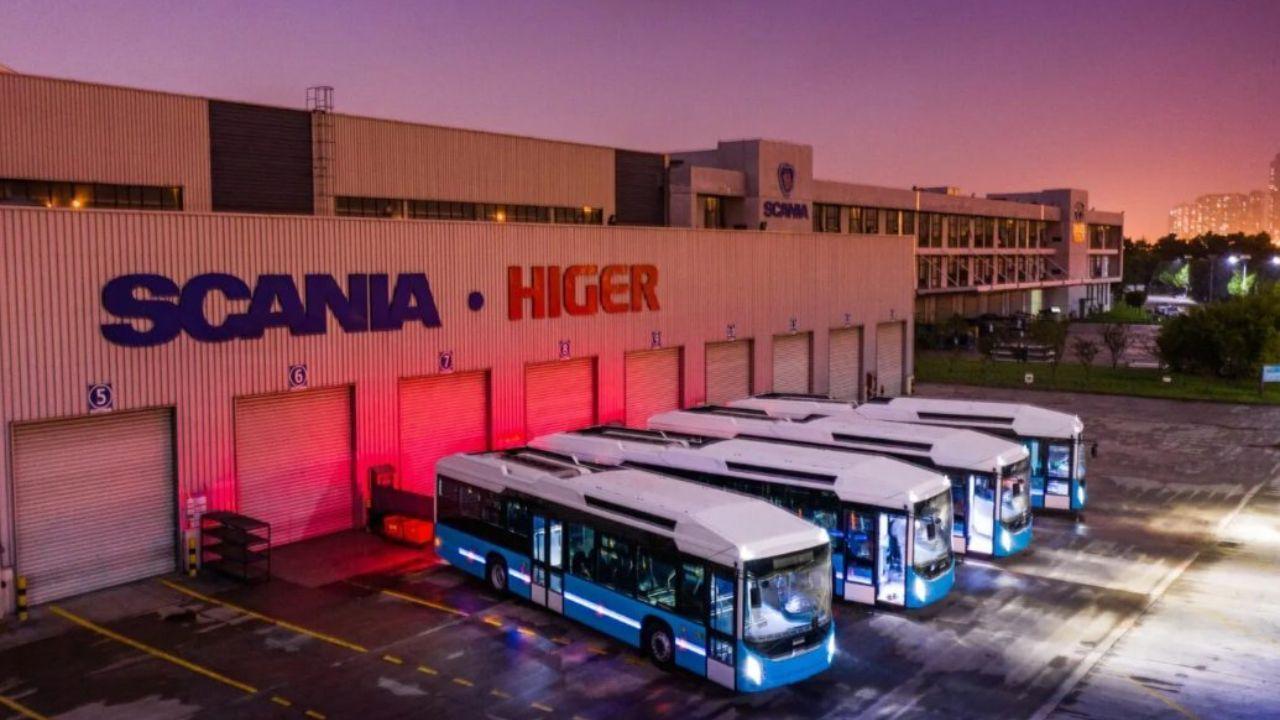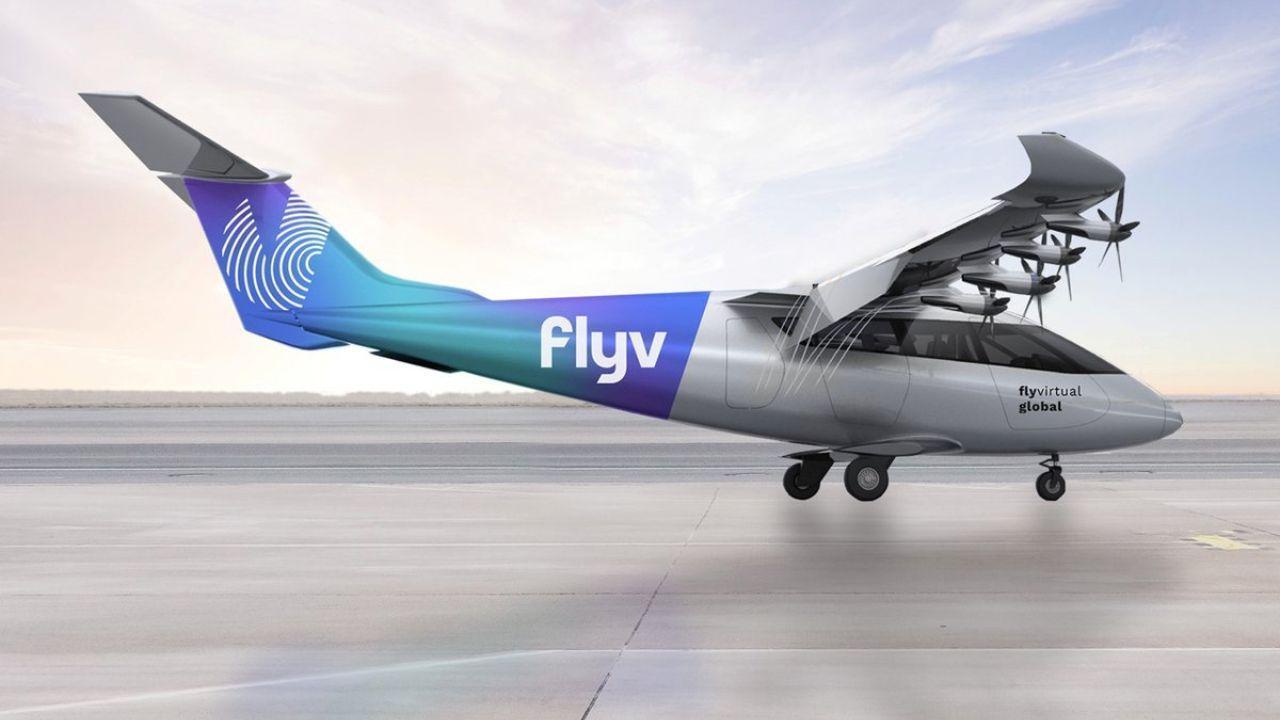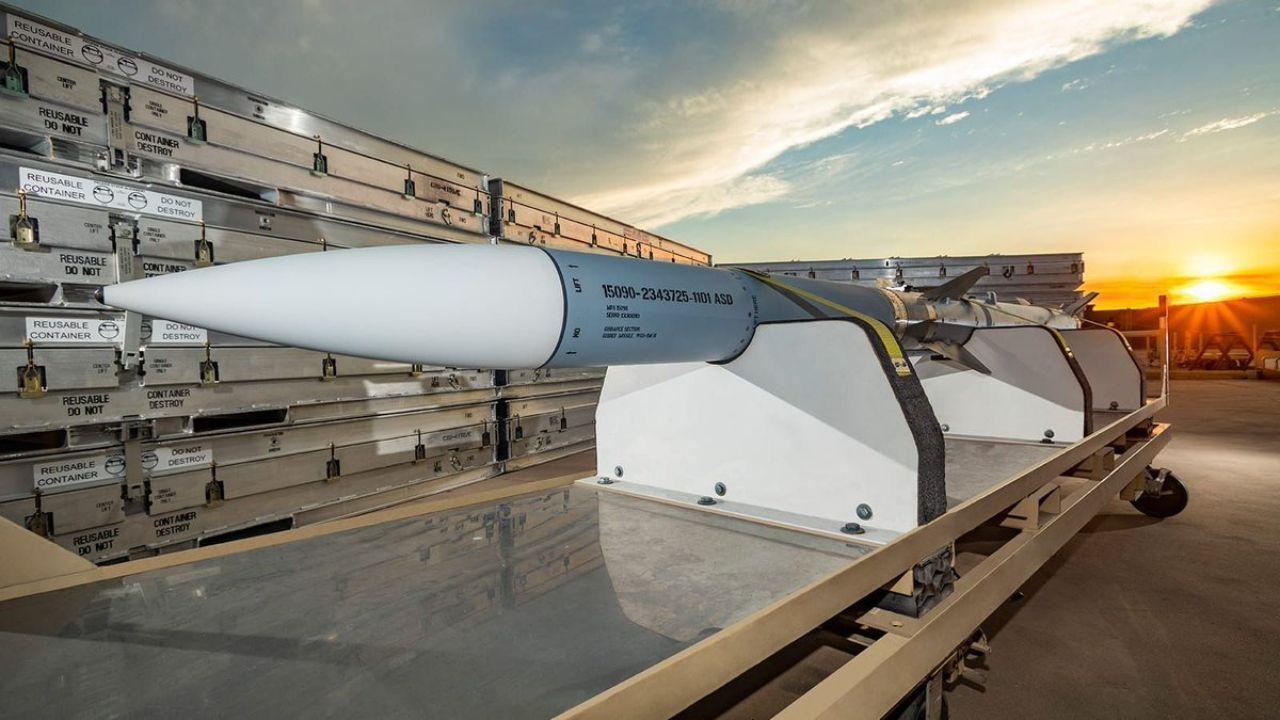
Post by : Avinab Raana
Photo : X / ecomento.de
Volkswagen Elli Pioneers Bidirectional EV Charging
Volkswagen’s energy and charging solutions subsidiary, Elli, has unveiled a groundbreaking bidirectional charging pilot at IAA Mobility 2025. The initiative seeks to transform how electric vehicles (EVs) are charged by connecting home solar systems to EV batteries, offering households an opportunity to reduce charging costs by up to 75% under optimal conditions. By integrating smart energy management and renewable energy usage, Volkswagen is positioning its bidirectional charging technology as a key step toward sustainable and cost-effective urban mobility.
The bidirectional charging pilot represents more than a technological innovation. It reflects Volkswagen’s commitment to harmonizing vehicle electrification with renewable energy adoption, addressing two critical challenges facing urban mobility today: the high cost of charging EVs and the strain on electrical grids from increased vehicle electrification. By making vehicles active participants in home energy management, Elli hopes to demonstrate how EVs can contribute meaningfully to energy sustainability.
The Pilot Project: Combining EVs and Solar
The pilot revolves around an 11 kW bidirectional charger developed in partnership with Cubos, a German solar photovoltaic and charging infrastructure company. This charger enables a two-way energy flow between a home’s solar system and an electric vehicle. Essentially, the EV battery can serve as a storage unit, supplying energy back to the home when needed. By storing excess solar energy during the day and using it to power household appliances in the evening, participants can minimize their reliance on grid electricity, lowering costs and reducing carbon emissions.
The combination of hardware and software makes this pilot distinct. The physical bidirectional wallbox facilitates energy transfer, while Elli’s software platform manages the flow intelligently, ensuring optimal use of both solar and stored energy. This setup creates a seamless system where households with solar panels can utilize their EV as an energy buffer, achieving higher efficiency and cost-effectiveness compared to traditional charging setups.
Modular Software Platform for Smart Energy
At the core of Elli’s solution is a modular software platform that monitors and manages energy flows between the grid, EV, and home. Through the Elli Charging app, users can track energy consumption, monitor charging cycles, and control when and how their vehicle charges or discharges energy. This intelligent energy management ensures that households make the most of available solar energy, avoiding unnecessary reliance on grid electricity during peak pricing periods.
The software platform also allows for the integration of additional smart home devices, enabling a holistic energy management ecosystem. By connecting lighting, heating, or other household appliances to the same energy management system, users can optimize energy usage across multiple fronts. This not only enhances cost savings but also contributes to reducing overall household energy demand and associated emissions.
Expected Cost Reductions
Elli projects that households participating in the bidirectional charging pilot could reduce EV charging costs by up to 75%, though actual savings will depend on variables such as local electricity rates, household solar generation capacity, and individual energy consumption patterns. The most significant savings occur when excess solar energy is stored in the EV battery during the day and then used to power the home during peak electricity pricing hours.
In addition to financial benefits, participants gain flexibility. Bidirectional charging allows them to store surplus energy for later use or feed it back into the grid in the future, creating potential revenue streams through grid support or energy trading mechanisms. By leveraging renewable energy and smart management, Volkswagen’s Elli is demonstrating that EVs can play an integral role in a decentralized energy economy.
Managed Battery Network: A Virtual Power Plant
Beyond individual households, Volkswagen Elli plans to integrate its bidirectional charging solutions into a Managed Battery Network (MBN), effectively creating a virtual power plant. In this network, EV batteries and large-scale storage systems are interconnected, enabling optimized use of renewable energy, grid balancing, and participation in ancillary services.
This network approach allows grid operators to manage energy demand more efficiently while providing participants with additional benefits. For instance, the MBN could allow households to sell excess stored energy during peak demand periods or receive incentives for participating in grid stabilization programs. The initiative represents a forward-thinking approach to integrating renewable energy, EVs, and smart energy management into one cohesive ecosystem.
Pilot Launch and Recruitment
The pilot is scheduled to begin in December 2025 in Germany. Eligible participants include Volkswagen Group and Otovo customers with a compatible EV and a solar system installed by Otovo. Selected participants will receive a DC bidirectional wallbox and access to Elli’s software platform for energy management.
The pilot aims to connect several hundred vehicles initially, providing data on energy flows, battery performance, and cost savings under real-world conditions. Insights from this pilot will inform further deployment, helping Elli scale the technology across Europe and potentially beyond. By involving real households in the experiment, Volkswagen can understand practical user behavior, refine the technology, and identify obstacles to widespread adoption.
Environmental Benefits of Bidirectional Charging
Using EVs as energy storage units offers tangible environmental benefits. By utilizing excess solar energy, households reduce their reliance on electricity generated from fossil fuels, lowering carbon emissions. In addition, bidirectional charging contributes to more efficient energy distribution, decreasing the need for grid expansion and peak-load power plants.
The approach also reduces wasteful energy consumption. Instead of sending unused solar energy back to the grid at low rates or letting it go unused, households can store it in their EVs for later use. This maximizes renewable energy utilization and strengthens the environmental case for electrification, not only in transportation but also in residential energy management.
Technological Challenges and Considerations
Implementing bidirectional charging at scale is not without challenges. EV batteries must support two-way energy flow without compromising lifespan or performance. Charging hardware and software must communicate seamlessly to ensure safe and efficient operation. Moreover, household energy infrastructure must be capable of handling variable energy flows without risking overloading circuits or causing inefficiencies.
Volkswagen Elli addresses these challenges through robust hardware specifications, intelligent software management, and careful monitoring of battery health. The pilot will provide critical data on battery degradation, energy management efficiency, and user interaction patterns, which will be essential for refining the technology and ensuring long-term reliability.
Impact on Urban Mobility and Energy Systems
The Elli bidirectional charging pilot has implications beyond individual households. By demonstrating that EVs can act as distributed energy storage systems, it opens new possibilities for urban mobility and energy infrastructure planning. Cities could integrate fleets of EVs into energy management strategies, using them to support local grids, provide backup power, or optimize renewable energy usage.
This concept also aligns with the broader vision of smart cities, where transportation and energy systems are interconnected, efficient, and responsive to demand. By integrating EVs into energy management networks, cities can reduce emissions, manage energy consumption more effectively, and enhance resilience against energy shortages or outages.
Economic Opportunities and Consumer Benefits
In addition to environmental advantages, bidirectional charging offers economic opportunities. Households can reduce electricity bills, potentially sell excess energy back to the grid, and participate in energy markets. For utilities and grid operators, the distributed storage offered by EVs helps stabilize demand, delay costly infrastructure investments, and support the integration of renewable energy sources.
For consumers, the technology also enhances energy independence. By storing and managing solar energy at home, households are less affected by fluctuating electricity prices or grid outages. Over time, as EV adoption grows and smart charging infrastructure becomes widespread, these benefits could scale significantly across cities and regions.
Future Prospects and Scaling
Elli’s pilot is the first step toward broader adoption of bidirectional charging. Lessons learned from the initial rollout in Germany will inform wider deployment across Europe. Volkswagen plans to refine the hardware, software, and operational models, potentially integrating additional EV brands and solar partners.
In the long term, the Managed Battery Network could connect thousands of vehicles, acting as a virtual power plant capable of supporting regional energy grids. This scalable approach has the potential to transform how cities and households manage energy, making EVs central to the renewable energy ecosystem.
A Step Toward Smarter, Greener EV Charging
Volkswagen Elli’s bidirectional charging pilot exemplifies how electric mobility can extend beyond transportation to influence energy consumption, grid management, and sustainability. By integrating EVs with home solar systems and smart software, households can reduce costs, optimize energy usage, and contribute to carbon reduction efforts.
The pilot also sets a precedent for the future of urban energy and mobility, demonstrating that EVs can serve as active components of residential energy systems. As data from the pilot emerges, it may accelerate the adoption of bidirectional charging technology, paving the way for more sustainable, intelligent, and cost-effective urban mobility solutions.
Volkswagen Elli bidirectional charging, EV charging costs, Home solar integration










Vande Bharat Passenger’s Spitting Incident Sparks Nationwide Debate
A passenger spitting on the Vande Bharat Express floor sparks online debate on civic sense cleanline

OnTrac Introduces Ground Essentials Service for Affordable and Reliable Shipping
OnTrac launches Ground Essentials a new service offering cost-effective parcel delivery with up to 3

Breeze Airways Earns Five-Star Status as North America's Top Airline
Breeze Airways achieves a five-star rating marking it as North America's leading major airline for 2

Royal Enfield Cuts Prices on 350cc Bikes After GST Rate Reduction
Royal Enfield reduces prices on 350cc motorcycles from September 22, 2025, following GST rate cuts,

Viva ACP Boosts Bus Safety with Strong Lightweight Aluminium Panels
Viva ACP’s panels make buses safer lighter and stronger—saving energy and protecting passengers with

Steelpaint’s Stelcatec Coating Gets UK Rail Approval
Steelpaint’s Stelcatec coating approved by UK Network Rail for durable, fast, and effective protecti